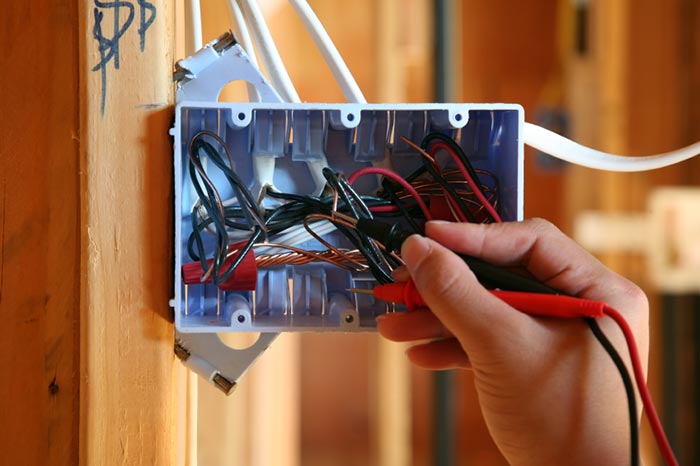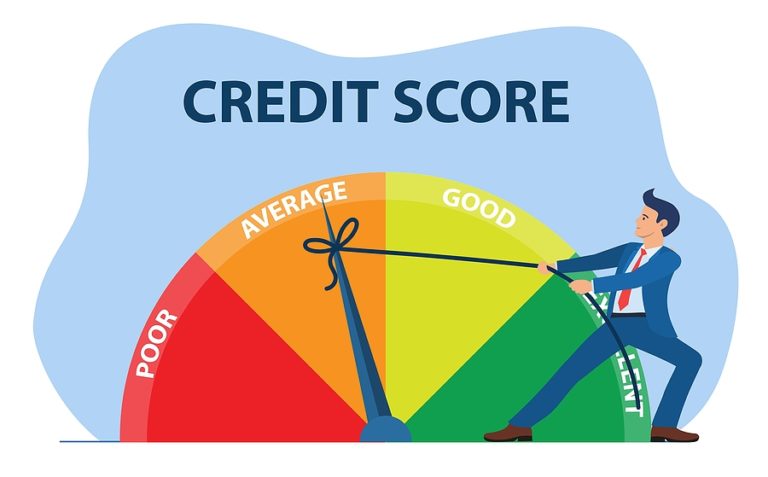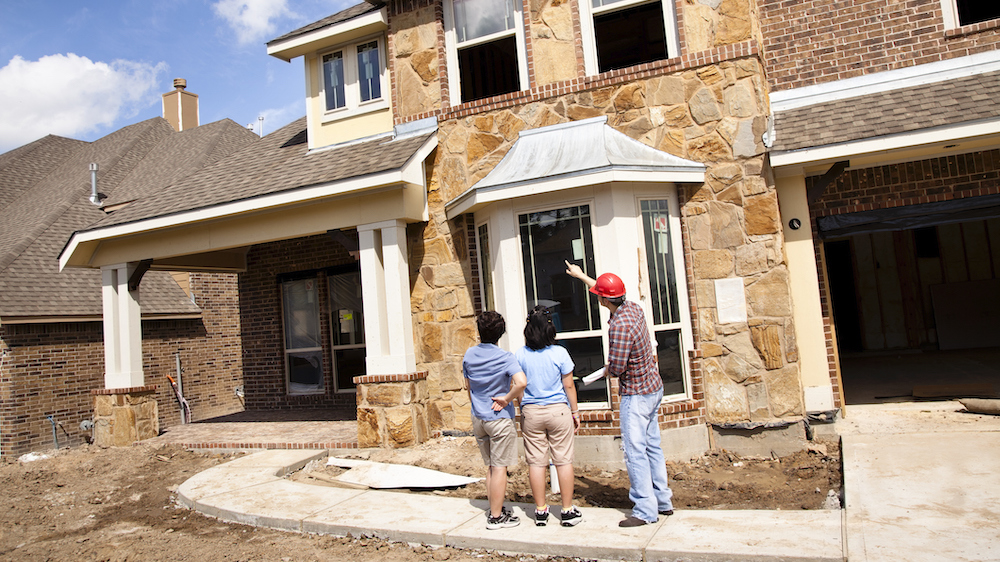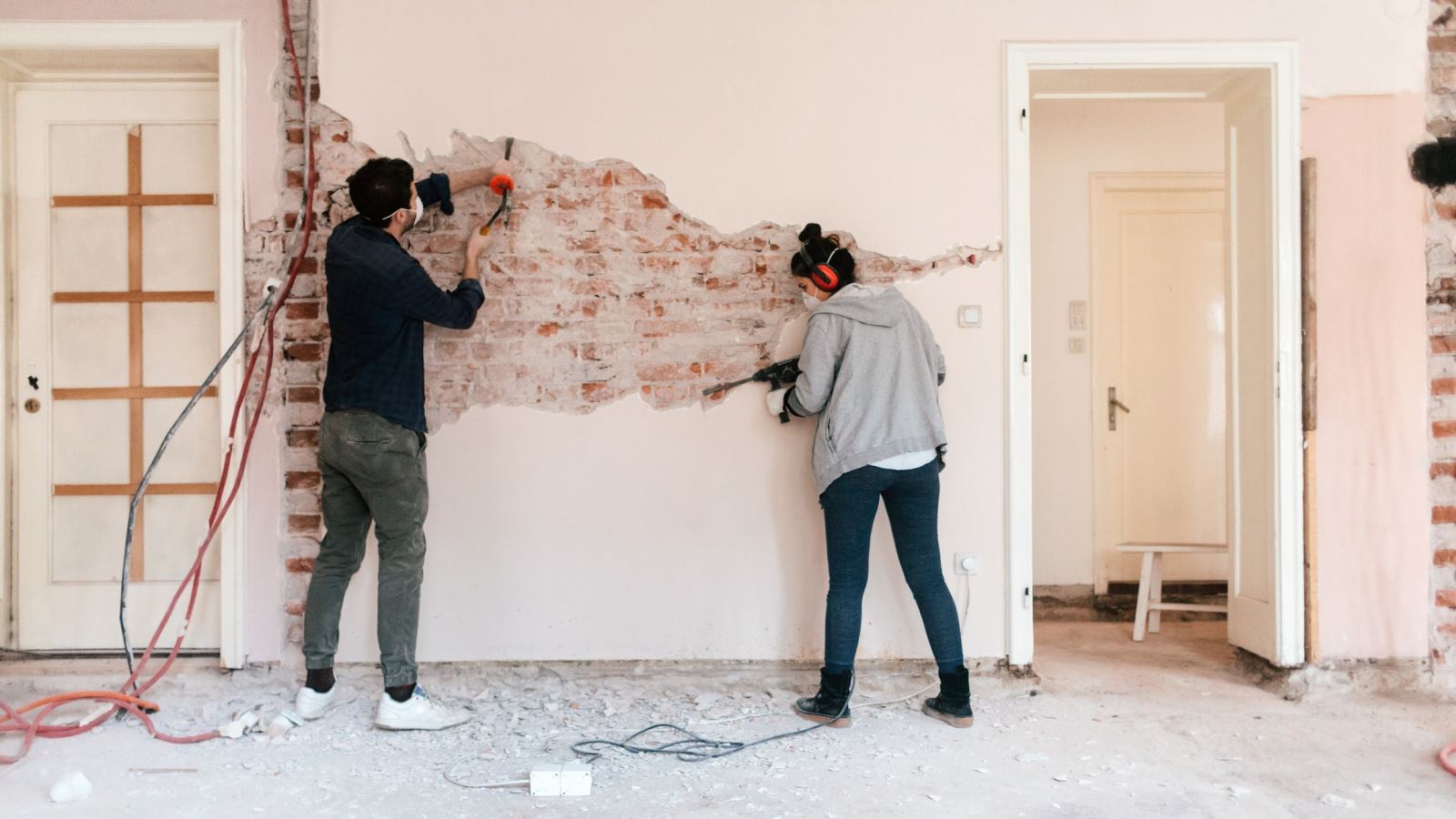Packing for a Move? Make it Green!
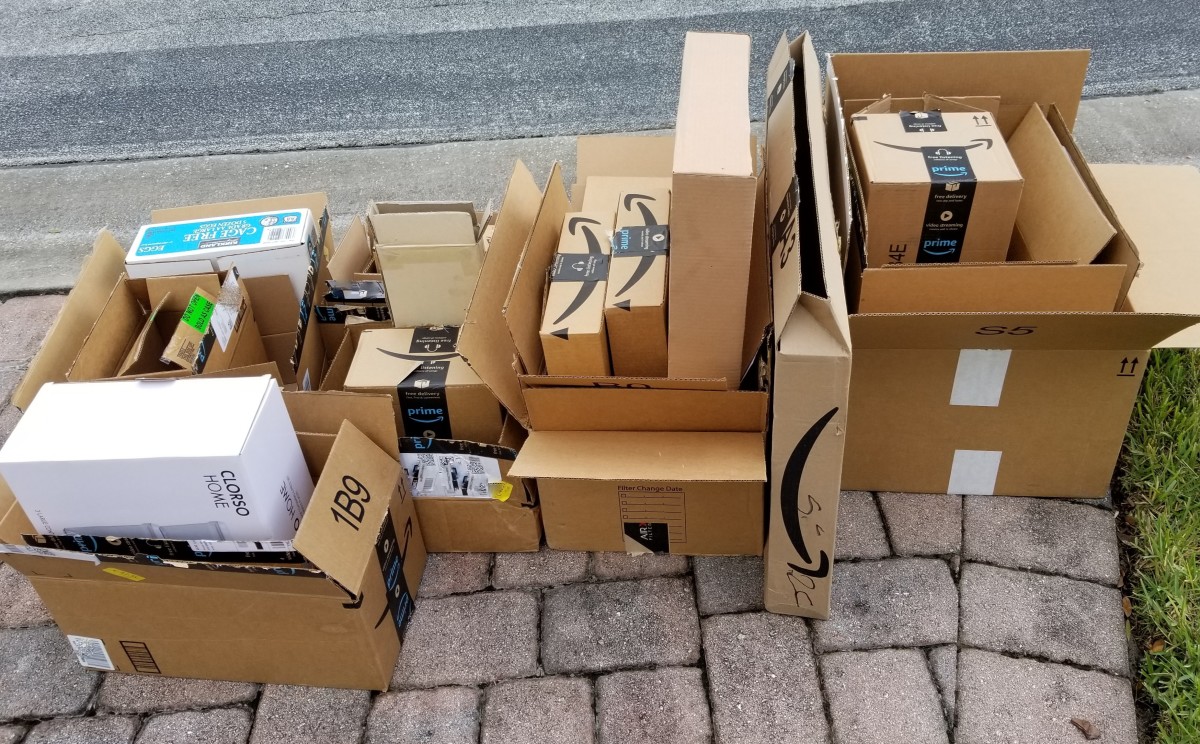
It is time to start packing for the move, and the thought of using rolls and rolls of plastic bubble wrap, foam packing materials, or new cardboard boxes that your moving company provides can fill the eco-conscious with dread. Sure, cardboard and paper are recyclable, but what can you do to even save that much? These tips will help reduce the volume of recyclables and throwaways you will need!
-
Use what you have first. If you are already anticipating the move, hold on to any packaging your deliveries have come in. Stack them out of sight if your house is still on the market, or go ahead and pack non-necessities in them and hide them under the bed or storage area.
-
Other items you have on hand to use: suitcases, duffel bags, trash cans, and reusable grocery bags can all be utilized to cut back on cardboard boxes.
-
Produce boxes make great moving containers! They are very sturdy and some come with lids so you will not have to use so much tape to close them. Ask for them at local grocery stores and produce stands.
-
Towels, sheets, and pillows can be used in place of packing material, and towels and sheets can be used for wrapping fragile items as well. Using them is a double win because you will have one less thing to pack!
-
If it is within the budget, consider using an eco-friendly moving company.
-
Already contracted with a mover? Ask them about any green options they have in place for your move.
-
It only takes a quick search online to find a company that rents clean and ready-to-pack storage containers. Many of them will deliver them to your door, then pick them up at the new house when the containers are empty!
-
Another option is ordering a moving kit or just the boxes from UsedCardboardBoxes. The company “rescues” misprinted or in-almost-perfect-condition used cardboard boxes that are headed for a landfill, and ships them directly to you.
Once your move and unpacking are complete, recycle what you can, or offer the items to someone local who is getting ready to move or needs storage boxes. Your efforts will help cut back on what you throw away and even save a few trees!
Courtesy of New Castle County DE Realtors Tucker Robbins and Carol Arnott Robbins.
Photo credit: dengarden
.jpg)


